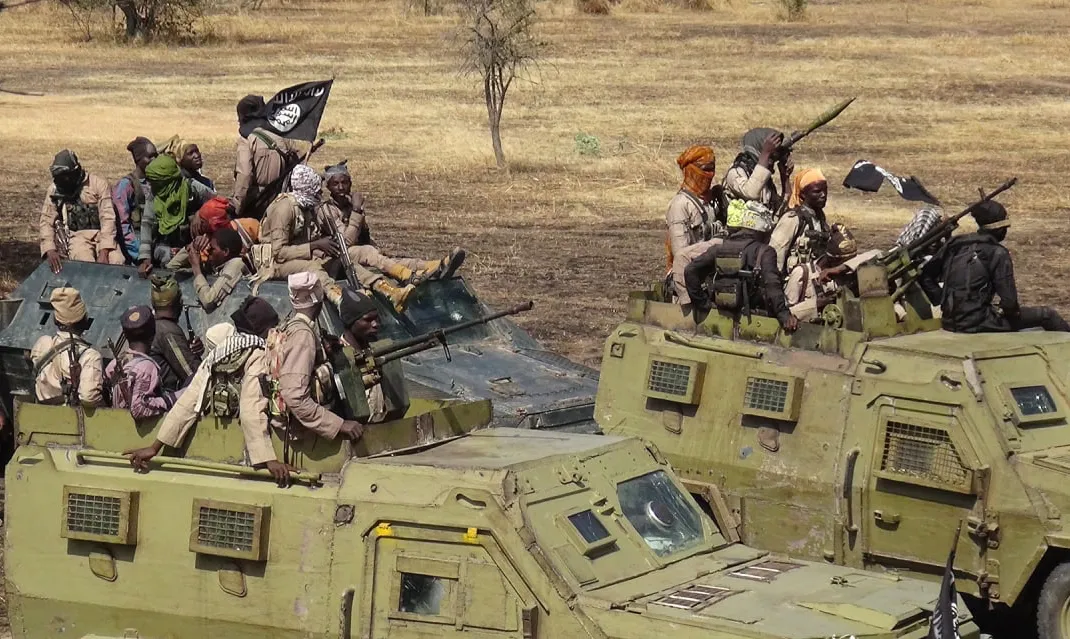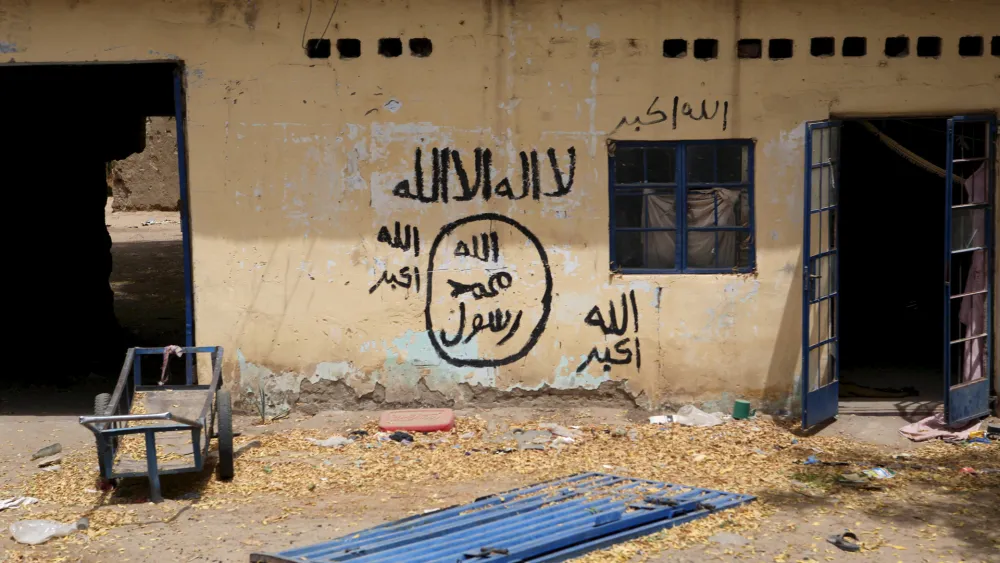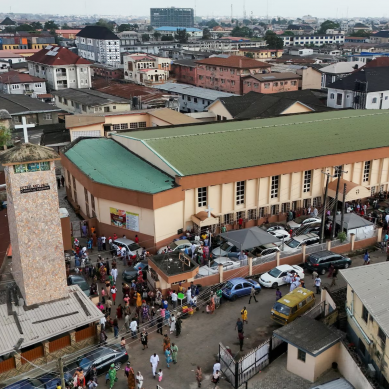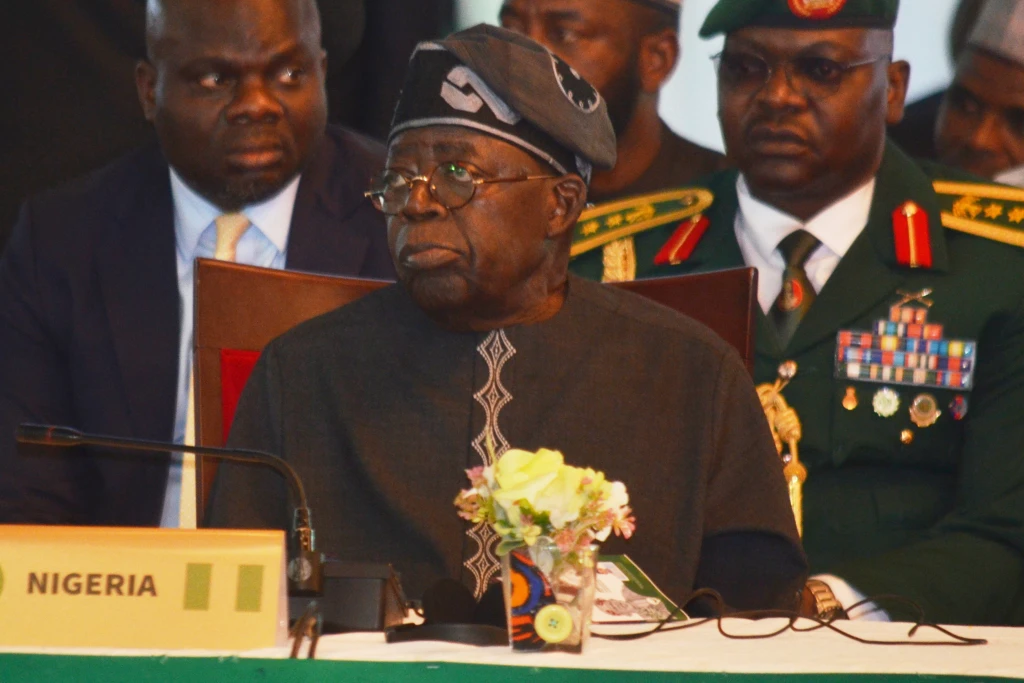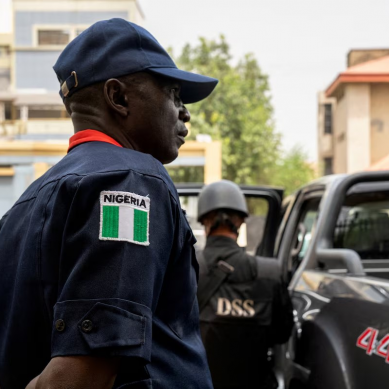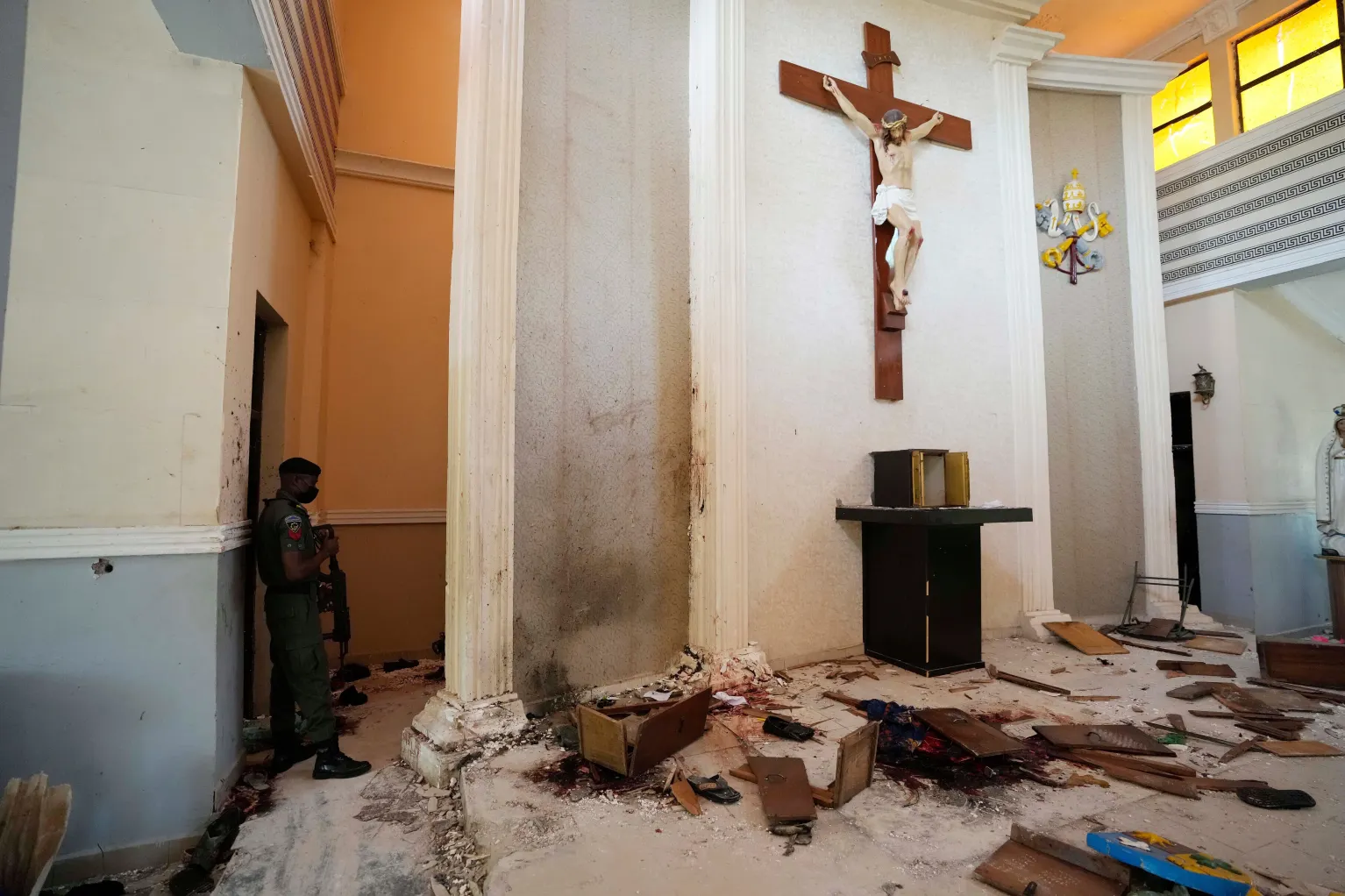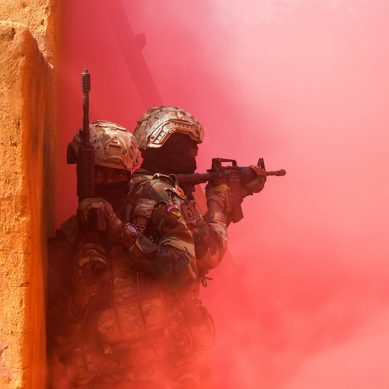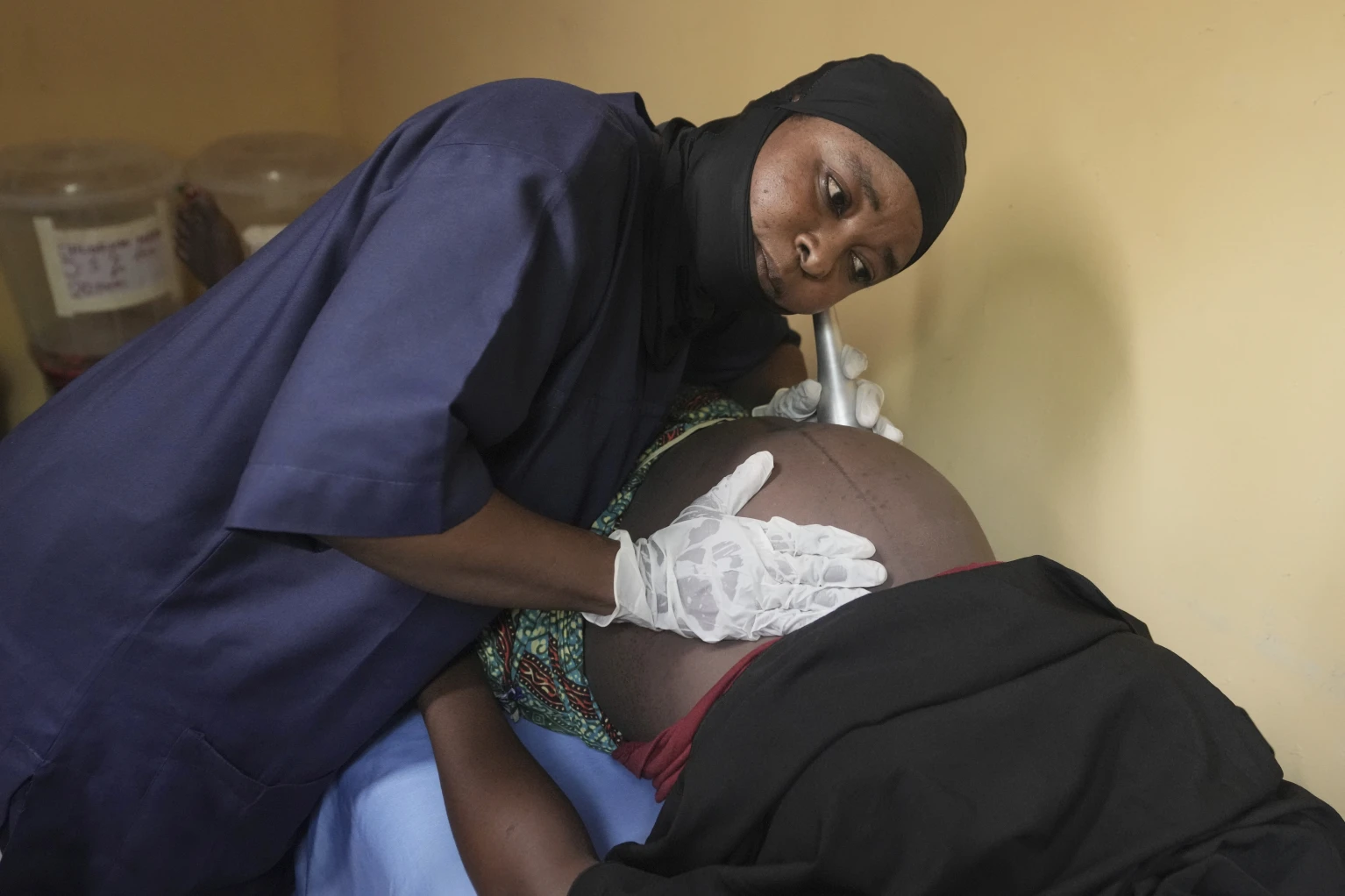How Nigeria’s Boko Haram terrorists run kidnapping, roadblocks and rustling livestock as key sources of revenue
A decade ago, the Borno conflict forced more than three million people from their homes. The terrifying scenario today is that if the security situation continues to deteriorate, a fresh wave of IDPs – including those newly resettled – will head to Maiduguri, where the camps that could support them are now closed.
Resurgence of Boko Haram to northeast Nigeria means the region’s IDP return policy is in disarray
Much of Borno’s countryside has been depopulated by the 15-year insurgency. The army switched to a “super camp” strategy in 2019 after losing a series of remote outposts, concentrating its forces in fortified bases in key towns.
Domino effect: Neighbours close borders after Trump threatens to enforce Christian freedom of worship in Nigeria militarily
Chadian Armed Forces have been placed on maximum alert with troops, armoured vehicles and surveillance drones deployed along key border routes. President Mahamat Idriss Déby Itno was quoted as saying that “no armed group or foreign force will be allowed to enter Chadian soil under any disguise.”
Trump threatens Nigeria with potential military action, escalates claim of Christian persecution
Nigeria’s population of 220 million is split almost equally between Christians and Muslims. The country has long faced insecurity from various fronts including the Boko Haram extremist group, which seeks to establish its radical interpretation of Islamic law and has also targeted Muslims it deems not Muslim enough.
Trial of Nigerian separatist leader arrested in Kenya on terrorism charges, Nnamdi Kanu, stalls again
He also requested access to visitors over the weekend to help prepare his defence, saying he expected witnesses from Ethiopia, Kenya, the United Kingdom and the United States. The court granted the request and directed the Department of State Services to allow the visits.
US senator kicks up storm with claims of ‘Christian mass murder’ in Nigeria, but data says otherwise
Analysts say Nigeria’s complex security dynamics do not meet the legal definition of a genocide. The UN convention on preventing genocide calls it acts “committed with intent to destroy, in whole or in part, a national, ethnical, racial or religious group.”
Community engagement: How Ghana’s strategy has repulsed terror attacks
Terrorists rely on media to amplify fear and publicise their causes. Ghana’s security agencies counter this tactic by actively engaging media houses to report accurately.
WHO data show more women die giving birth in Nigeria than anywhere else in the world
The prospects of more health resources have dwindled in the region. US foreign aid data shows that Nigeria received almost $4 billion in aid from the now-dismantled US Agency for International Development between 2020 and 2025, with $423 million going to maternal health and family planning.
Why militarised approach to Cameroon’s wildlife conservation fuels local resentment
The mixed patrols take place both inside the national parks and the surrounding Zones d’Intérêt Cynégétique (ZICs). In the former, the patrols are organised and paid for by Cameroon’s government-run conservation agency, MINFOF, and its international conservation partners – World Conservation Society (WCS) for Benoué and Bouba Ndjida, and the African Wildlife Foundation (AWF), in Faro.
Insurgency, ravages of climate change pose biggest threats to wildlife in northern Cameroon
Cameroon’s Far North has long been on the frontline of climate change. The region has suffered recurrent droughts, most notably during the 1970s and 1980s. This has led to successive waves of southerly migration to more fertile regions. Perhaps the most striking symbol of the changing climate is the shrinking of Lake Chad, a large part of which overlaps with northern Cameroon.
- 1
- 2




